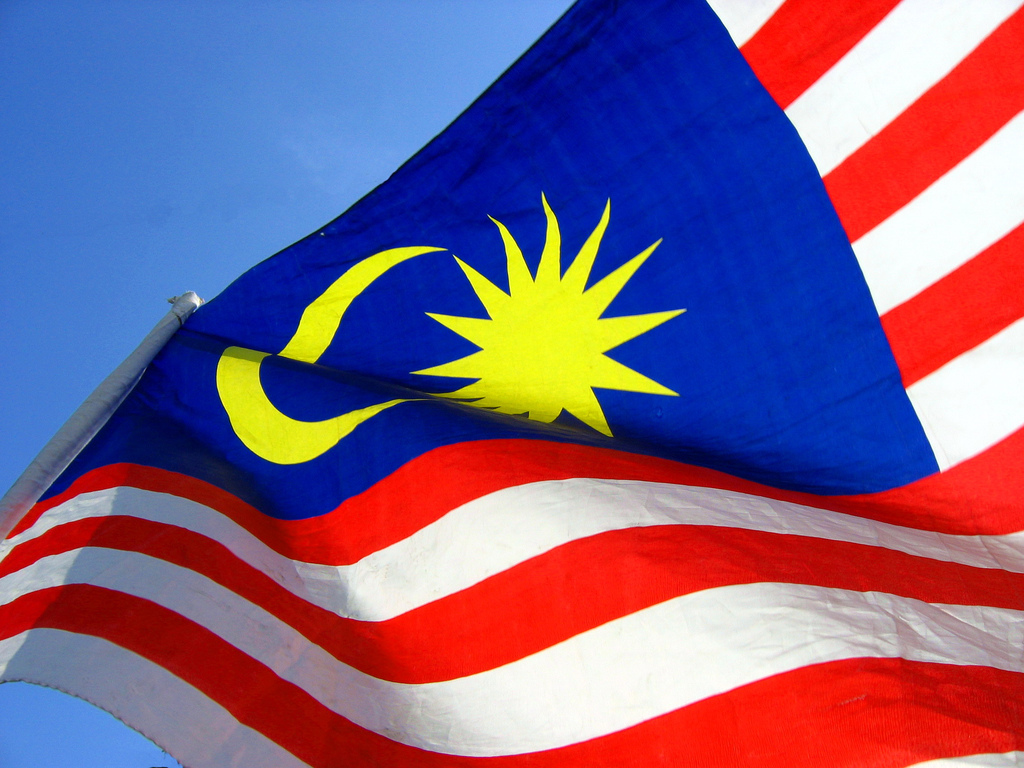Independent online media outlet Malaysiakini, highly regarded for its coverage of human rights issues in Malaysia, is facing criminal contempt proceedings aiming to hold the publication liable for content it did not produce. The Attorney General of Malaysia is pressing charges against the outlet and its editor-in-chief — initiating proceedings in the highest court so there is no possibility of appeal — to hold it liable for comments posted by its readers. The specific impugned user comments were deleted by Malaysiakini on being notified.
The government’s arguments that Malaysiakini both has an obligation to actively monitor comments posted by third parties on its site and should be held responsible for the content of those posts undermines free expression and runs counter to widely accepted international human rights standards on free expression and the legal liability for online platforms and internet intermediaries for user-posted content.
“The legal action against Malaysiakini represents a risk to free expression not only for independent media outlets, but also for any users or businesses who decide to host third-party content on their platforms, applications, and services. This could endanger the expression of millions in the country,” said Javier Pallero, Global Content Governance Lead at Access Now.
Press freedom initially improved following the general election in 2018, moving from 145 to 101 in the World Press Freedom Index over two years. A controversial ‘Anti-Fake News’ law was finally repealed by the Malaysian Parliament in October of last year. Subsequent to a change in government, the last few months have seen increasing concerns around threats to press freedom and human rights under the leadership of Prime Minister Muhyiddin Yassin. Authorities have initiated sedition probes against international journalists documenting concerns around the situation of migrants during the COVID-19 pandemic, along with this attempt to impose excessive liability on news publishers for user comments.
“Malaysia must continue advancing as a democracy committed to press freedom and protecting fundamental rights. Its courts must not allow themselves to be used to throttle free media by imposing harsh liability measures — and government leaders must stop using prosecution and legal harassment of journalists as a tool to chill open public debate,” said Raman Jit Singh Chima, Asia Pacific Policy Director at Access Now.
We hope Malaysia’s Federal Court upholds foundational protections for free expression after the hearing on July 13 and releases Malaysiakini from all charges. Anything less sets a dangerous precedent for the regulation of online discourse, and could have a deeply chilling impact on public debate. Constitutional courts and human rights tribunals internationally have recognized that intermediary liability frameworks impact internationally protected rights, including free expression and access to information. Further, Malaysia’s government should carefully ensure its future actions — whether related to prosecution decisions or legislative proposals — recognize the importance of a robust conditional liability framework to free expression and wide consultation with civil society, as noted in the recommendations outlined by Access Now in our content governance guide for lawmakers.
